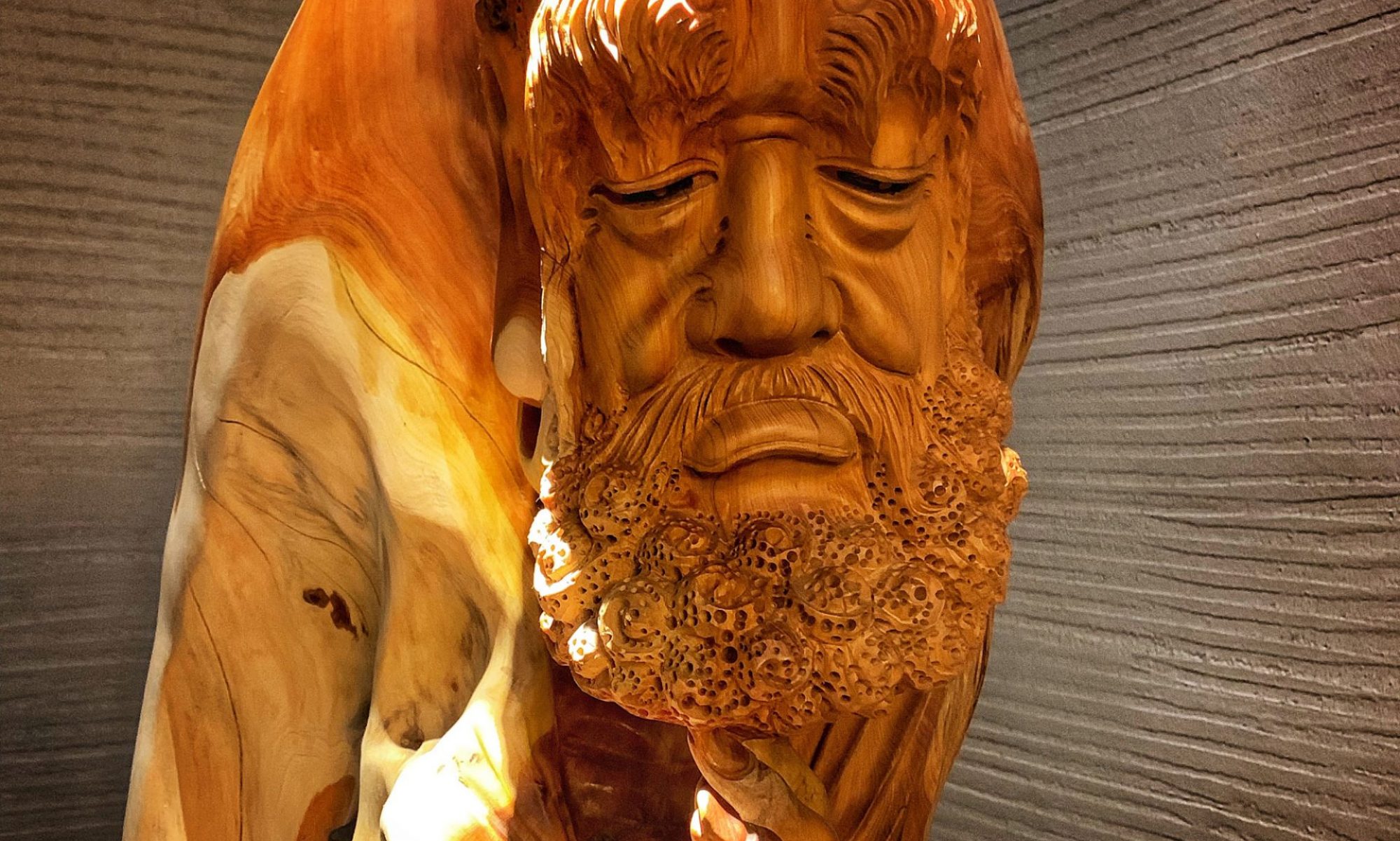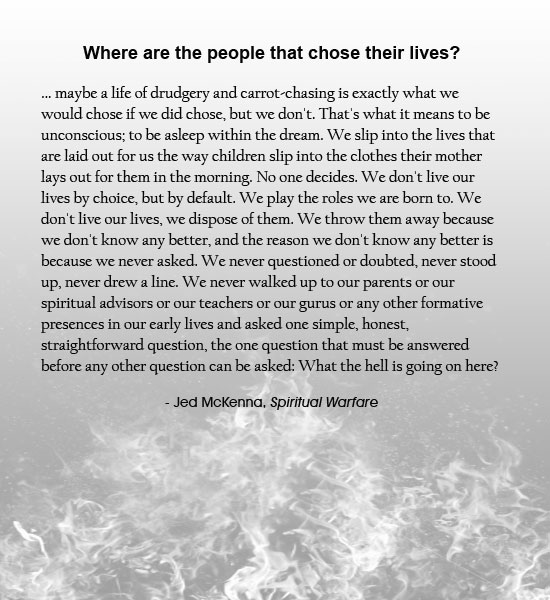
Truth is not something I can think about. To think, is to miss the Truth. Truth is beyond intellectual rationalizing, beyond concepts, beyond words. Ironically without all these, Truth cannot be conveyed. Here lies the heresy – when Truth is being conveyed, like the finger pointing to the moon, whoever takes the Truth, takes it by the letter, out of ignorance, thus making the pointing finger, the moon. Throughout my own personal journey of knowing myself, I came across many imitations of Truth. Many are just understatements. All the wholesome mental qualities the world is seeking to advocate are simply imitations of Truth. Truth is, Truth can’t be created. When Truth is seen, wholesome qualities naturally follow, not the other way round.
Take for instance, forgiveness. We are told to forgive. We encourage our friends to forgive whatever bitterness they hold on to, but yet I am not sure whether we ourselves can handle forgiveness when it is our turn to be in the shoe. But the point is not about our ability to forgive, it is about forgiveness that does not have a “to” preceding or attached to it. When we try to forgive, we miss the point of this lofty quality. We think we can just pull out this thing called “forgiveness” from our closet and close the chapter of what we are bitter with. Talk is cheap, as the saying goes. Actually, it is free! We tend to imagine the mind to be like a magician hat where we can simply pull anything out of it to put out whatever we are experiencing. If it was so damn easy the world would have been a great loving place to live in as whenever we are sad we can pull happiness out from the mind and become happy! Isn’t that what we are doing and yet failing? I would say the mind is more like a Pandora box giving us unexpected surprises, simply because we are not aware what we have hidden in it!
We are taught to be good, to forgive, to accept, to be patient, to be resilient, to be courageous, to be detached – a long list of do’s and don’ts – and we pass on the same messages to others. At the same time we struggle with all these lofty qualities, failing again and again, never questioning our inability to arrive at those saintly states. Instead, each time we fail, we beat ourselves up mentally by thinking we are not good enough to be so, and we never stop at there. We keep trying again. To stop means to fail, and probably a cause for depression too. So we put up a front of nice faces or go to a quiet place to cry our hearts and souls out, or worst, bang our heads on the wall or stand at the edge of the building, unsure whether we ought to leap or not. There are many strange and dangerous things we do except to inquire why we need to be this or that or why we are still who we are.
What is the cause of it? The price of ignorance – the inability to differentiate between the pointing finger and the moon; and instead make the pointing finger, the moon. Our ignorance to the unfolding nature of cause and effect – actions and results – taking place in the mind. We have not been educated to recognize that to every experience there must be a cause to it. The experience cannot be created but can be caused by it. In other words we cannot make to forgive, as forgiveness is a result of something else prior to it. We are always taught to focus on the qualities rather than the mechanics that arrive at these qualities. We are, in other words, imitating what can’t be imitated. The result is disastrous as we force to take on what is impossible when the root cause is not programmed for such. Putting the horse before the cart is a silly thing to do but yet our mind is constantly working towards that direction.
Our inability to forgive is due to a certain idea etched in our mind that we are reluctant to address. Our idea is the cause, the unforgiveness is the effect. Instead, we see the outside world as wrong. We may paint a hundred pictures of self-righteousness, from betrayals to errors in others, but so long as our idea is deeply ingrained within us, we can never and ever be able to arrive to forgiveness. And the painful truth is this, on one hand we wish to get out from that mental pain, but on the other hand, we are holding on to what prevents us from releasing the pain. Indeed a queer scenario. And that’s what ignorance always does.
It is not about who is right or wrong as that is out of the equation. In fact the problem occurs when we bring this equation into the picture and for that, block ourselves from seeing the law of nature of cause and effect taking place within us. Our right and wrong are ideas that we do not question which haunts us when a situation arises. So when we finally “force” ourselves to forgive, either due to pain, resignation or peer pressure, without releasing the tenacious righteous idea held strongly by us, the result is obviously irresolvable, probably resulting in us, just deeper pain.
Obviously the key to address here is ignorance – ignorance to the fact of how the mind works, and to do that, the first step is personal mental hygiene – redirecting attention to what wrong views we are holding on which are costing us our joy and freedom. We may not see the views as wrong in the beginning, but through clear comprehension and prolonged observations, we will recognize the web of ideas that led to our bondage, similar to the insects stuck in the web of the spider. This is a journey of Truth realization, unblocking what blocks the Truth – falseness.



